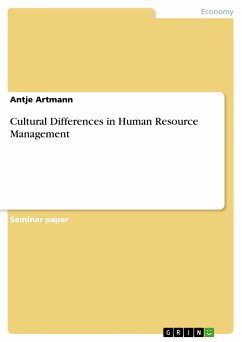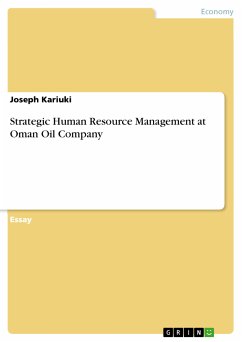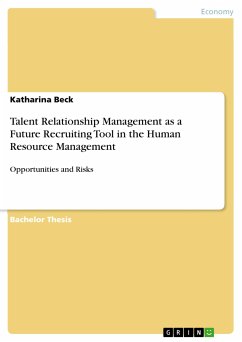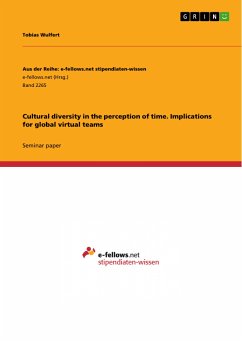Seminar paper from the year 2011 in the subject Business economics - Business Management, Corporate Governance, grade: A, Oxford Brookes University, language: English, abstract: Culture can be defined as a way of living of people which is affected by their values, beliefs, attitude, art and science, modes of perception, thoughts and activities. In this way, culture explains how an individual live and behave in an environment and how his/her thoughts and perception are molded which affect the mutual relationship between individual and environment in which he/she lives. Things were easily manageable with less diversified workforce, but globalization has changed the scenario altogether, and this phenomenon has accentuated the cultural differences within the organization affecting the performance of it. Human resource practices like training, staffing have a significant impact due to cultural differences. Now days, human resource is considered the most significant and difference making aspect of organizations and number of activities are undertaken, and lots of programs are implemented to increase the productivity of employees by supporting and accommodating employees ever changing needs. In this regard, the importance of organizational culture has increased manifold. Number of studies has been taken to assess the impact of culture on human resource management. Corporate culture and national culture both have impact on organization and so on the employee's performance. Multinational companies are busy promoting corporate culture improving control, integrating and coordinating their subsidiaries spread over the entire globe. Yet these subsidiaries operate in different national culture, creating problems in implementing and accepting unified human resource practices and policies like compensation system, selection and socialization and planning appraisal. In past three decades, corporate culture has earned much attention, and many books such as In Search Of Excellence (Peter & Waterman, 1982) and Corporate Culture (Deal & Kennedy, 1982) have hit the market, and many eager and energetic executives benefitted from such literature. While there are strong evidences to suggest the direct link between companies performance and corporate culture, but such link is still debatable and may be challenged. Every environment demands different strategies, and the true test of organizational culture is to streamline with these strategies. MNC is, therefore, mindful to pay attention to the fitness of corporate culture within their subsidiaries operating in different national cultures to smooth implementation, especially HRM strategy.
Dieser Download kann aus rechtlichen Gründen nur mit Rechnungsadresse in A, B, BG, CY, CZ, D, DK, EW, E, FIN, F, GR, HR, H, IRL, I, LT, L, LR, M, NL, PL, P, R, S, SLO, SK ausgeliefert werden.









